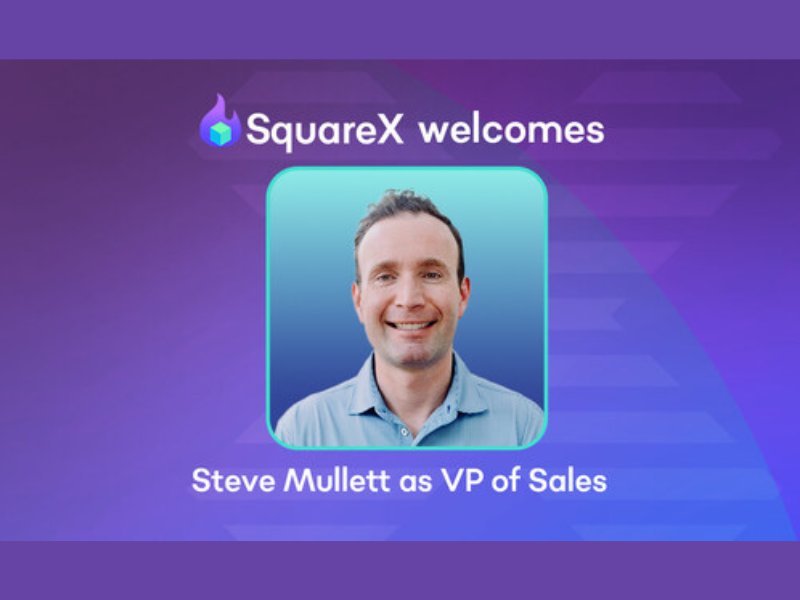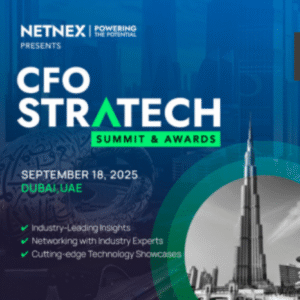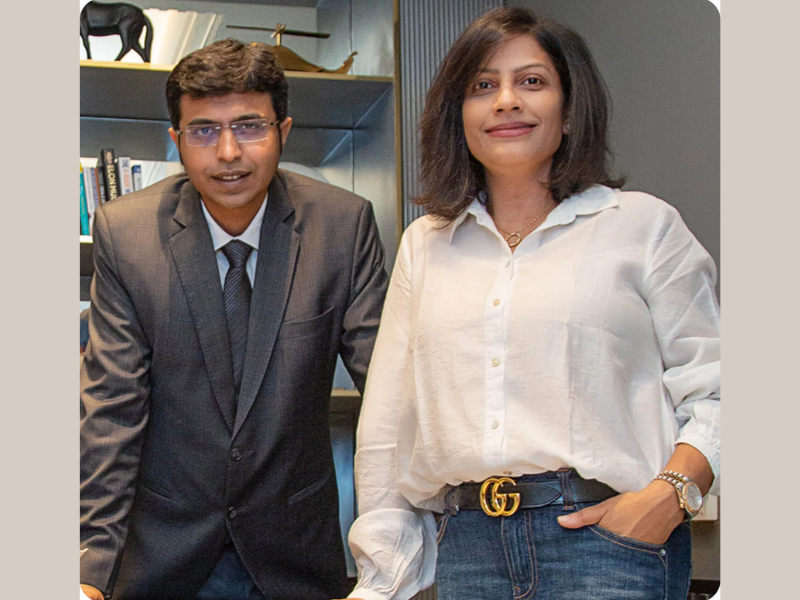Global Entrepreneur Roman Ziemian explores why today’s CEOs — especially those shaping the future of the GCC — must adopt the mindset of architects, not operators. He argues that long-term vision, purposeful leadership, and bold innovation are the true cornerstones of lasting success.
In today’s hyper-competitive, digitally disrupted landscape, the role of the CEO has never been more complex — or more vital. Yet, many business leaders are stuck in an outdated operational mindset. They spend their days fine-tuning machinery rather than drawing blueprints for what the machinery should look like five, ten, or even twenty years from now.
I believe it’s time we reimagine leadership for the long game. CEOs, especially in the dynamic economies of the GCC, must think like architects, not just operators.
Operators Manage. Architects Design.
An operator is focused on short-term efficiencies: quarterly numbers, incremental gains, and predictable outputs. An architect envisions the future. They ask bold questions: What kind of legacy are we building? How will this company shape culture, sustainability, or society itself? More importantly, they design the systems, people, and ideas to bring that vision to life.
In the GCC, we are witnessing a once-in-a-generation transformation. Saudi Arabia’s Vision 2030, the UAE’s push toward AI and green energy, and Qatar’s leadership in sport and culture are not operational goals — they are architectural visions. Leaders in these regions are building futures, not merely managing the present. CEOs must mirror that mindset if they hope to remain relevant.
Vision Is a Competitive Asset
In my career as both an entrepreneur and investor, I’ve found that clarity of long-term vision consistently outperforms short-term obsession. Take, for example, the UAE’s strategy to become a global hub for Web3, digital assets, and space exploration. These are not quick wins. They require careful design, coordinated investment, and above all, courage.
Contrast that with companies that chase every quarterly trend. They might please shareholders for a season, but eventually lose relevance, talent, and consumer trust. Long-term vision attracts long-term capital, and more importantly, the kind of people who want to build meaningful things. Architects don’t just hire — they inspire.
Talent Wants Purpose, Not Just Perks
In today’s workplace, especially among the youth in the GCC, there’s a deep craving for purpose. I see this every time I mentor young entrepreneurs or collaborate on philanthropic projects in the region. Talented individuals aren’t asking, “What’s the salary?” — they’re asking, “What are we building, and why does it matter?”
An operator might offer flexible hours and wellness programs. An architect creates a mission people want to dedicate their lives to. Look at Aramco’s investment into sustainable energy research or NEOM’s commitment to smart-city living — these are not perks; they’re purpose at scale.
Innovation Requires a Blueprint
Many CEOs say they want to be innovative, but few are truly willing to redesign the foundational assumptions of their business. Innovation doesn’t happen by accident. It requires what I call “strategic deconstruction” — the ability to take apart legacy systems, question sacred cows, and reimagine new structures.
For example, Dubai’s evolution into a global health and wellness destination — where institutions like Hortman Clinics are leading with personalised medicine and longevity technology — did not emerge from an operational tweak. It was the result of architectural thinking: a bold plan, backed by infrastructure, talent, and belief.
The Architect’s Legacy
Operators might be remembered for good margins or clever campaigns. Architects are remembered for civilizations. As an entrepreneur deeply invested in the Middle East, I have learned that lasting influence comes not from speed, but from structure. Leaders like His Excellency Sheikh Mohammed bin Rashid Al Maktoum didn’t just execute policy; they designed a future that others could walk into.
So, to my fellow CEOs and aspiring leaders across the GCC and beyond: ask yourself not just how well are we running today, but what are we building for tomorrow? Are you leaving behind a company or a legacy? A profit statement or a blueprint?
In a region defined by its ambition and fueled by its youth, the GCC needs leaders who will build bridges, not just maintain roads. The future belongs to those who think like architects — who dare to dream big, design smart, and lead with purpose.
Blog received on email.





















